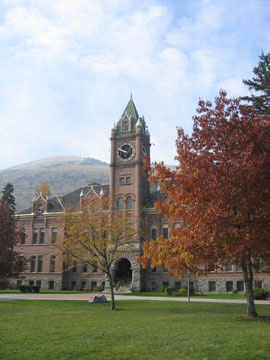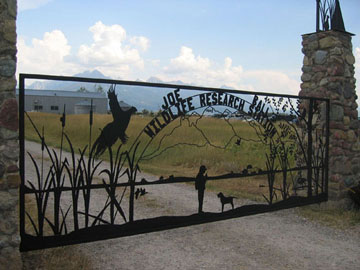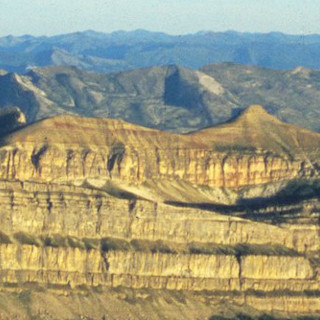About Us
The Montana Cooperative Wildlife Research Unit performs research designed to address the needs of cooperators, bridging the gap between applied and basic wildlife science. Our studies provide new insights useful to management and conservation, based on understanding the ecological mechanisms that underlie habitat requirements and demography of individual and coexisting wildlife species. Research emphases within the Unit include ecology and management of carnivores, applied landscape ecology, management of large game, interactions between forest management and wildlife, environmental influences (predators, habitat, ungulates) on demography and diversity of birds, habitat requirements and community ecology of birds, and comparative demography and life history strategies of birds in differing environmental and geographical contexts. Other research topics are addressed as needed, in keeping with the Cooperative Research Program's mission to best meet the needs of the Cooperators by remaining flexible and open to new areas of inquiry. When Cooperator's needs occur outside Unit expertise, the assistance of appropriate University faculty will be recruited.
Unit staff will advance the training and education of graduate students at the University of Montana by teaching up to one graduate-level course per year in wildlife science, chairing graduate committees of Unit students, and serving on graduate committees of non-Unit students. Technical support and training will be provided to Cooperators and other agencies as the need exists.
Learn More

Main Hall - University of Montana

Unit Leader, Joe Ball retired in November of 2004. In honor of his years of dedication and service to wildlife issues, the house and surrounding area used by students and research staff, was renamed. This gate is at the entrance of the Joe Ball Wildlife Research Station located at the Nine Pipes Wildlife Refuge in the Mission Valley, Montana.
